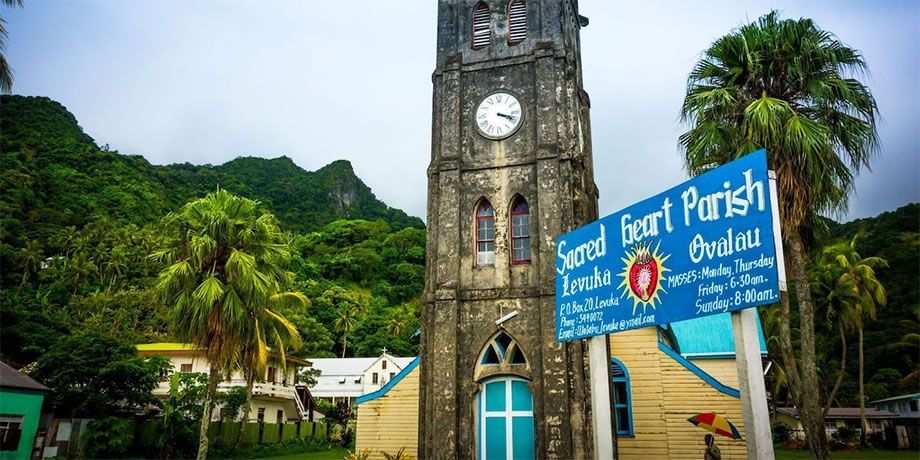
Many of us passengers gathered on deck as our boat neared the port of Levuka, the old capital of Fiji. I had ministered for some weeks in a Catholic village, part of Levuka parish, on a nearby island. I intended to stay the night at the presbytery and return to Suva by boat next morning.
A young girl I recognized slightly sidled up to me. She greeted me politely and then asked if her friend could leave some luggage at the Levuka presbytery. I replied that I could not give that permission as I didn’t belong to the parish. “Why didn’t your friend come directly to ask me?” I added. The girl smiled and said, “Thank you.”
Thinking about it afterwards I realized that I had actually experienced the reason the girl’s friend did not approach me directly. A direct refusal of her request would have been more embarrassing than having the refusal conveyed by another person.
Requests can be sensitive. They can put a relationship in jeopardy. So, the Fijian culture gives an important place to the mata ni vanua or spokesperson. The spokesperson learns from the elders how to approach a person of higher status with information or requests. She or he is the go-between who can explain the situation to both parties so that whatever the outcome there is no break in the relationship.
Columban Fr. Frank Hoare lives and works in Fiji.
